The NOAA Office of Education and NAAEE partnered to increase environmental and science literacy among NOAA’s partners and external networks in a five-year partnership supported by the U.S. Department of Education. NOAA and NAAEE worked together to provide enriching after-school watershed-related STEM (science, technology, engineering, and mathematics) projects through NOAA-21st Century Community Learning Centers Watershed STEM Education Partnership grants. The grants supported programming for a total of 100 local 21st Century Community Learning Centers (21st CCLC) sites and their students. The 30 selected projects served 18 states, ranging from Alaska to Florida.
Gain insights into what drives success in after-school watershed STEM education.
Image
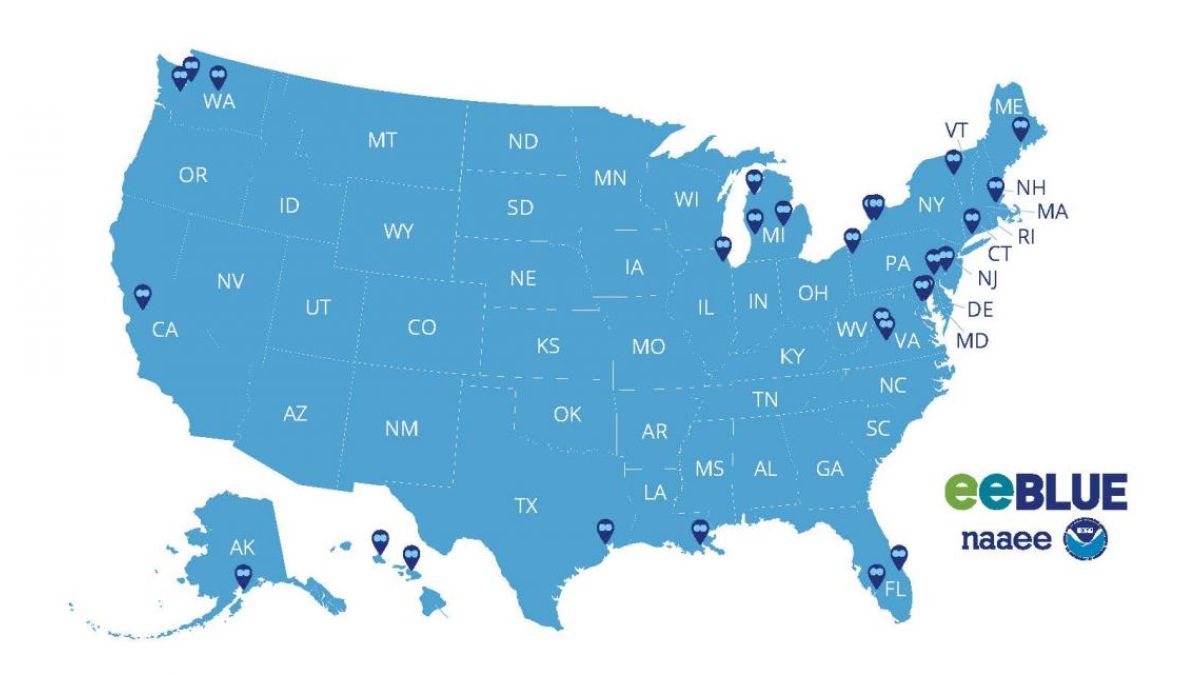
Congratulations to the Watershed STEM Grantees!
Please visit the You for Youth site for additional information on this partnership and to view an interactive map to learn more about each of the grantees.
- Allegheny College, PA
- Alliance for Chesapeake Bay, MD (Serving VA)
- Annapolis Maritime Museum & Park, MD
- Boxerwood Education Association, VA
- Cascadia Conservation District, WA
- Center for Alaskan Coastal Studies, AK
- Citizens' Environmental Coalition, TX
- EdAdvance, CT
- Environmental Science Center, WA
- Fairmount Water Works Interpretive Center, PA
- Flint River Watershed Coalition, MI
- Florida Gulf Coast University, FL
- Friends of Reinstein Woods, NY
- Inland Seas Education Association, MI
- Lake Champlain Maritime Museum, VT
- Learning Endeavors, HI
- Lynchburg Water Resources, VA
- Maine Audubon, ME
- Massachusetts Audubon Society, MA
- New York Sea Grant (Cornell), NY
- Pacific American Foundation, HI
- Puget Sound Estuarium, WA
- Salem Sound Coastwatch, MA
- Sea Research Foundation Inc. (Mystic Aquarium), CT (Serving RI)
- Severson Dells Nature Center, IL
- St. Lucie County Environmental Resources Department- The Oxbow Eco-Center, FL
- Stanislaus County Office of Education, CA
- Stroud Water Research Center, PA
- University of New Orleans, LA
- West Michigan Environmental Action Council, MI
For additional information on this partnership, please visit the You for Youth site.
- For questions, please contact: T’Noya Thompson, NAAEE: tnoya@naaee.org
- Bronwen Rice, NOAA Office of Education: bronwen.rice@noaa.gov, 202-482-6797
- Y4Y NOAA support team: Y4YNOAA@seiservices.com
Watershed Chronicles
Each month, NAAEE shared blogs from the Watershed STEM Grantees as they implemented their projects, adapted to challenges, and worked collaboratively toward a blue planet. Read about their journeys!
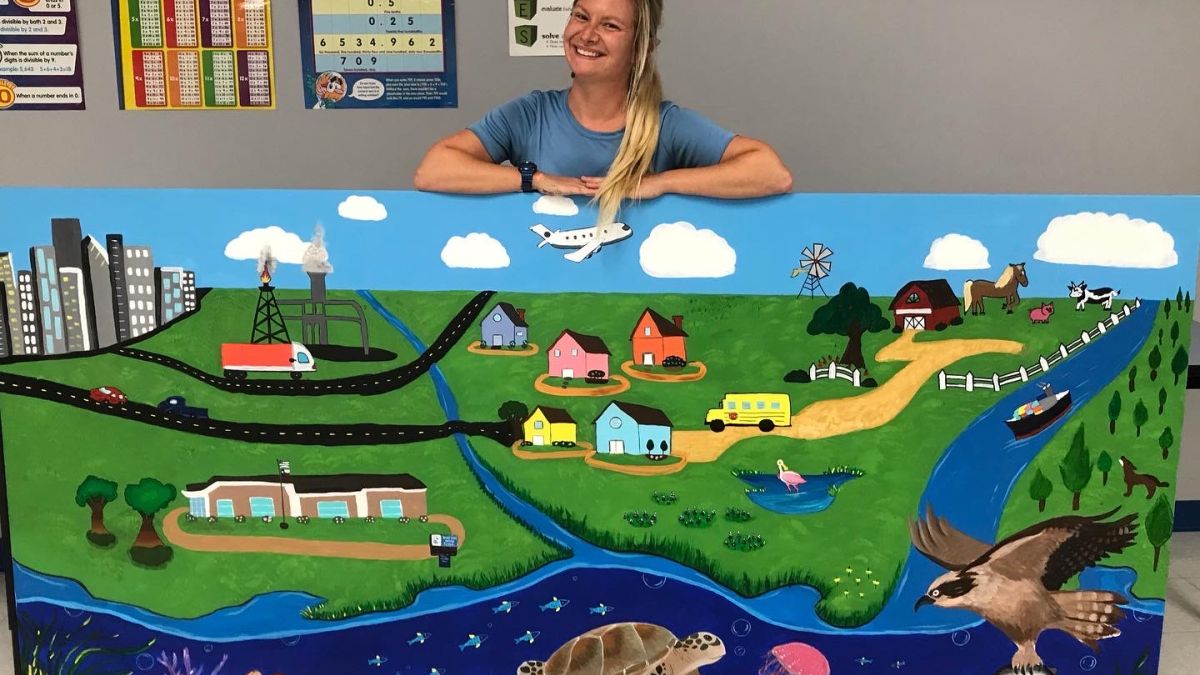
August 2022: "Visual Learning Legacies Crafted by Youth Watershed Leaders" by Sarah Frantz, education program manager at Artist Boat
Community organizations partnered with Texas middle schools to enhance watershed STEM learning in an after-school program, giving students creative space to express their knowledge of local ecosystems in various visual art projects.
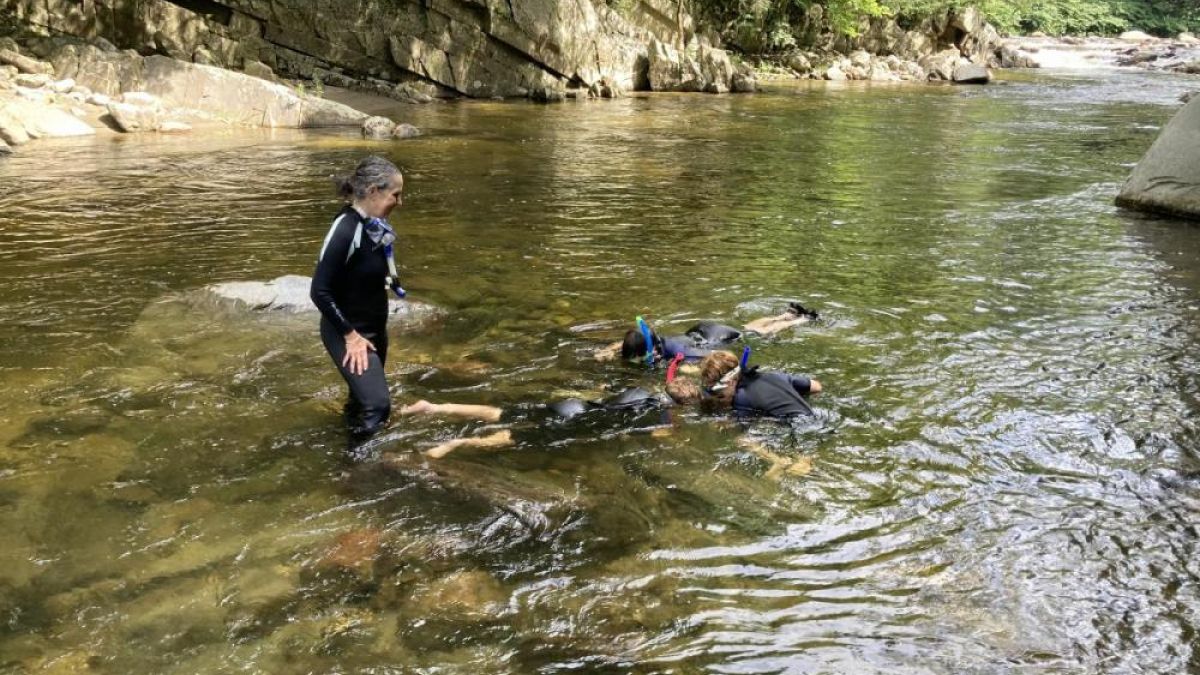
July 2022: "Underwater Explorers Snorkel the Lake Champlain Watershed" by Susan McClure, executive director of Lake Champlain Maritime Museum
Learn how Lake Champlain Maritime Museum brings together informal educators and families to enrich watershed learning through lake stewardship.
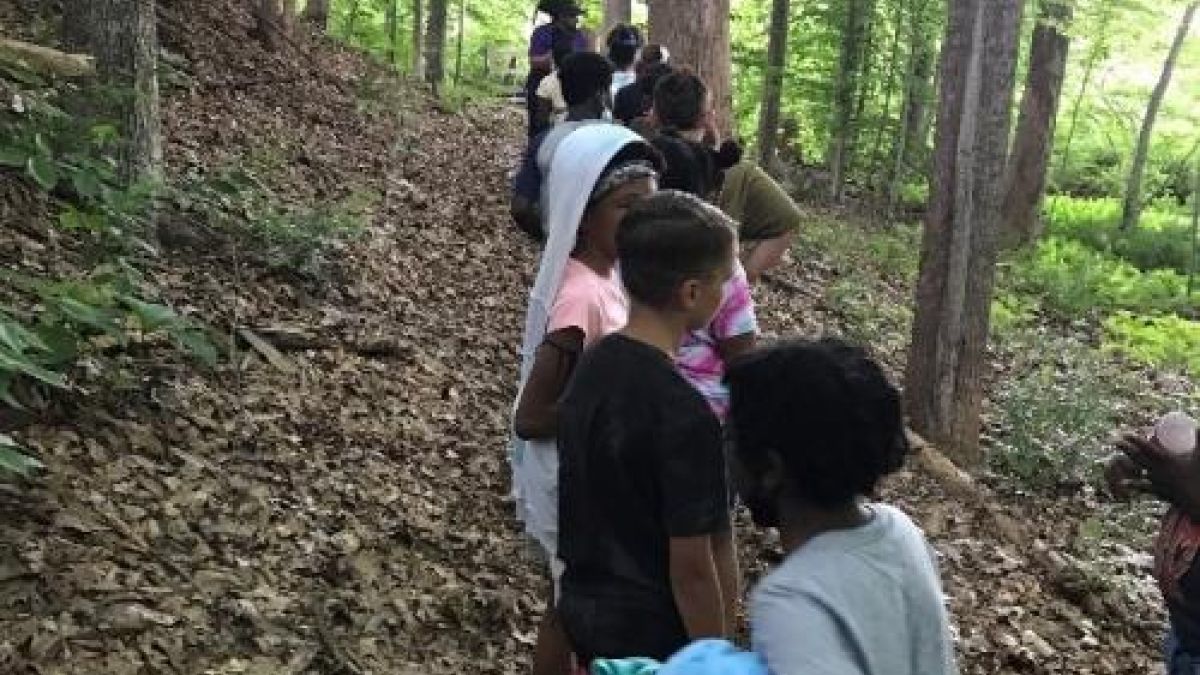
June 2022: "School-Based MWEE's Maximum Impact!" by Lilly Meighan, education and outreach coordinator of Lynchburg Water Resources
Lilly Meighan shares how students experienced and learned about their direct connection to the environment and took steps to care for it.
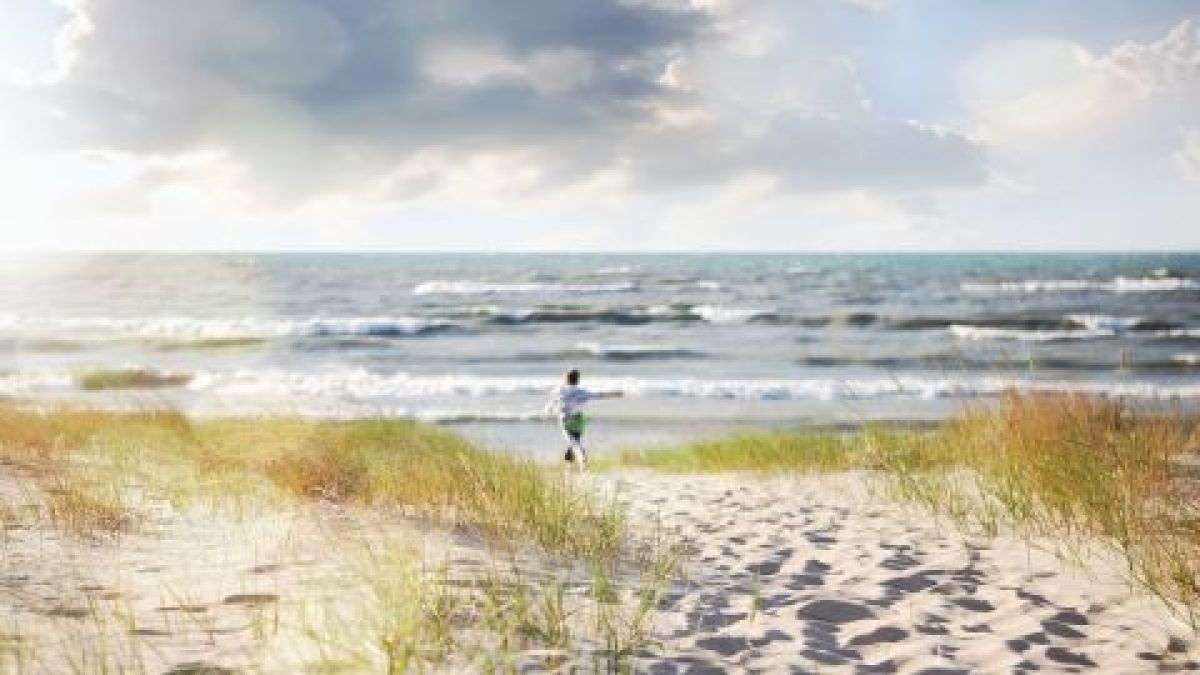
May 2022: "Reflection of an Outdoor Educator" by Emily Flaherty, School to Sea director of Salem Sound Coastwatch
Emily Flaherty reflects on the power of "sneaky learning" and hands-on experiences in watershed STEM.
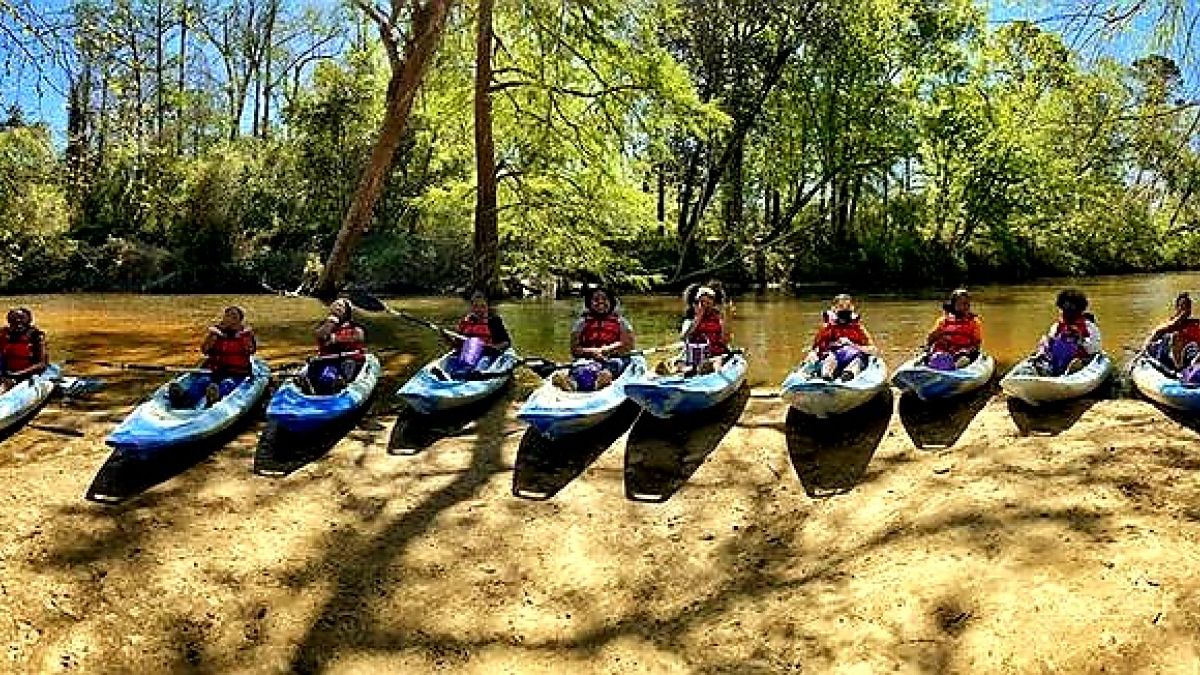
April 2022: "Reconnecting with Our Wetlands" by Polly Burns, program director at ReNEW Schools, and Dinah Maygarden, director of the Coastal Education Program at the University of New Orleans
ReNEW Schools partners with the Coastal Education Program at the University of New Orleans to bring wetland and watershed science investigative projects to middle school students.
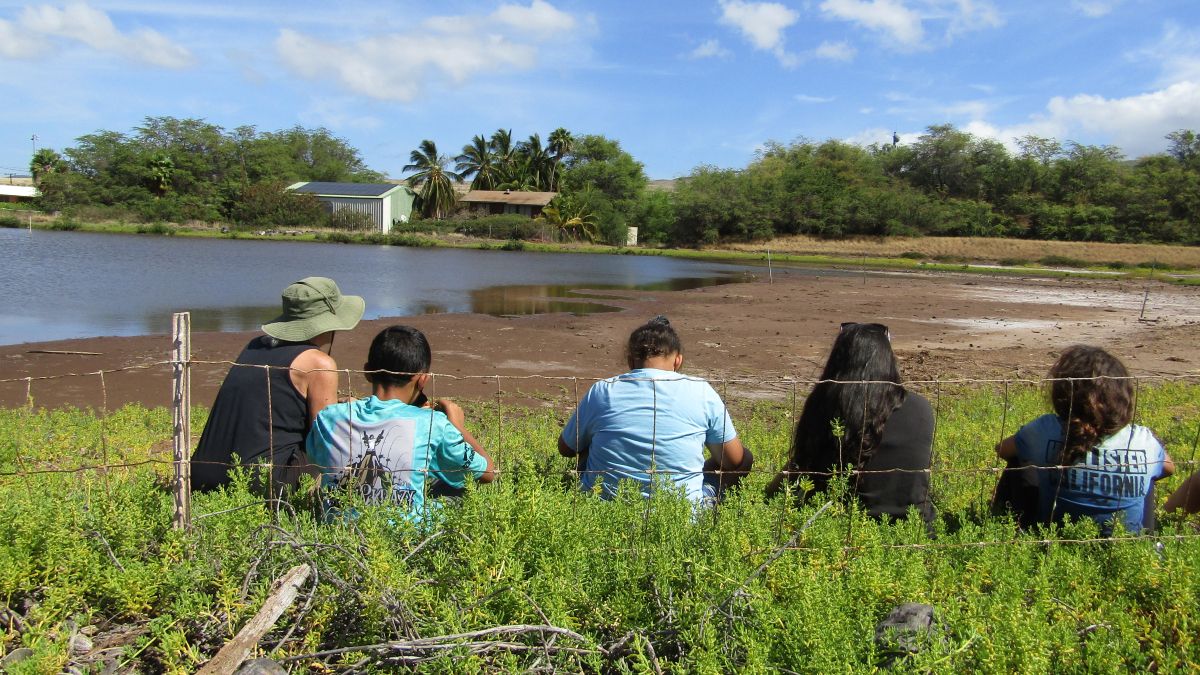
March 2022: "Island Champions of Coastal Resilience" by Diana Papini Warren, executive director of Learning Endeavors
Diana Papini Warren provides insight into how the Champions of Coastal Resilience program continues to grow in Hawaiʻi.
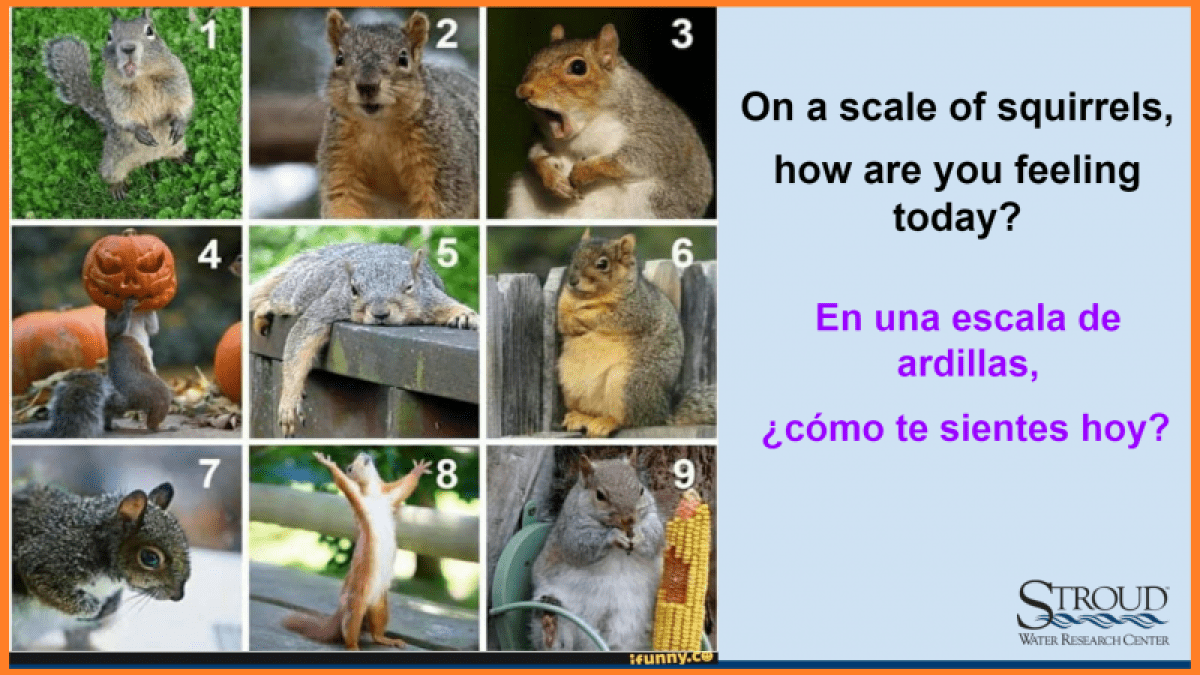
February 2022: "Weathering the COVID-19 Storm: Adapting Educational Experiences at 21st Century Community Learning Centers" by David Kline, watershed education specialist at Stroud Water Research Center
David Kline discusses the unforeseen results of flexible educational encounters within 21st-century community learning centers.
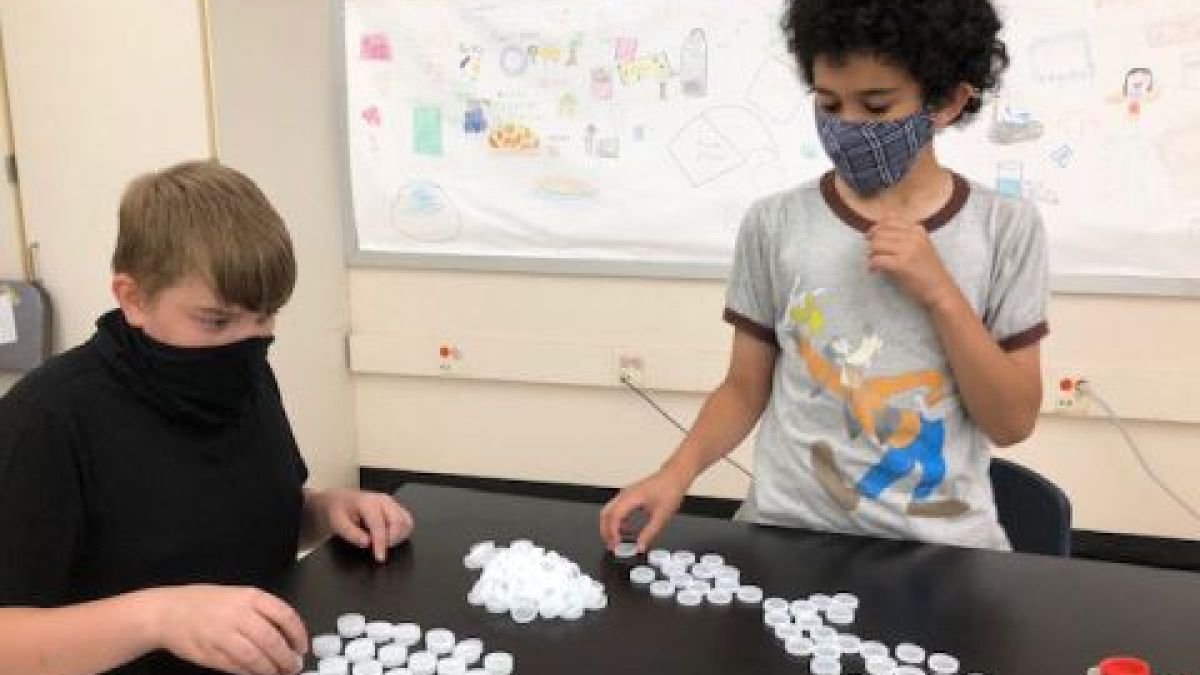
January 2022: "School Grounds to Sound" by Abby Peklo, SGS project director at EdAdvance
Abby Peklo shares how they chose to "go with the flow" once they returned to in-person after-school programs.
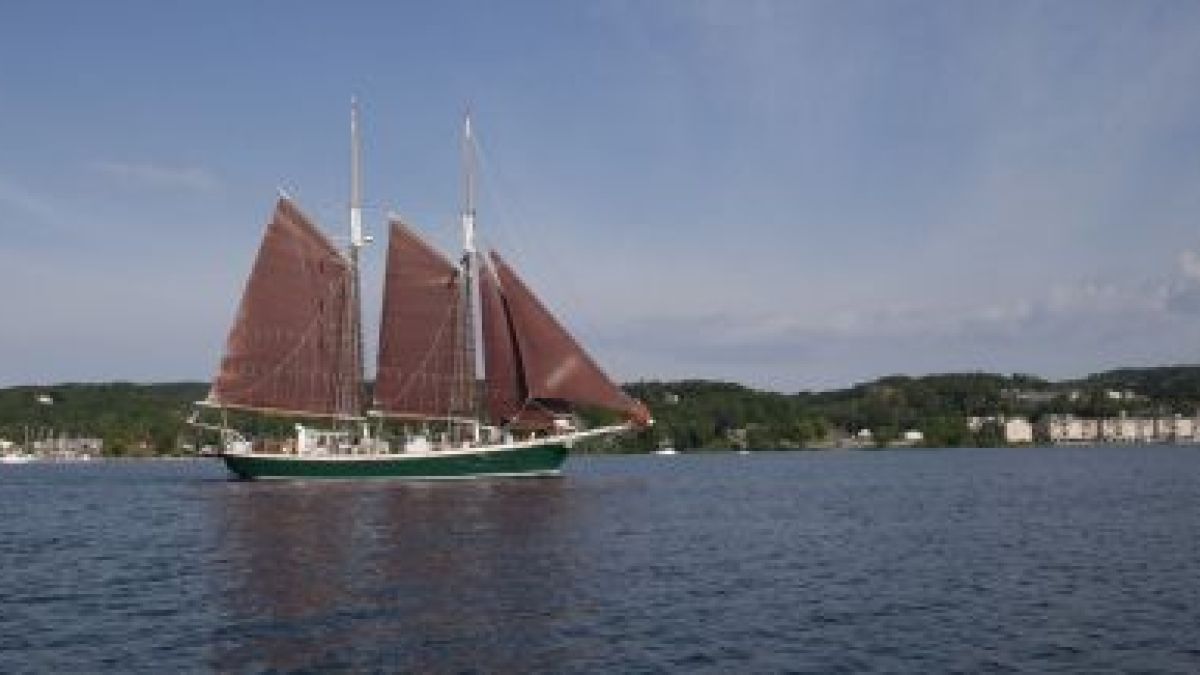
December 2021: "Connecting with the Great Lakes through Watershed Education" by Juliana Lisuk, associate director, Inland Seas Education Association
Students learn how their local watershed is connected to the larger Great Lakes watershed.
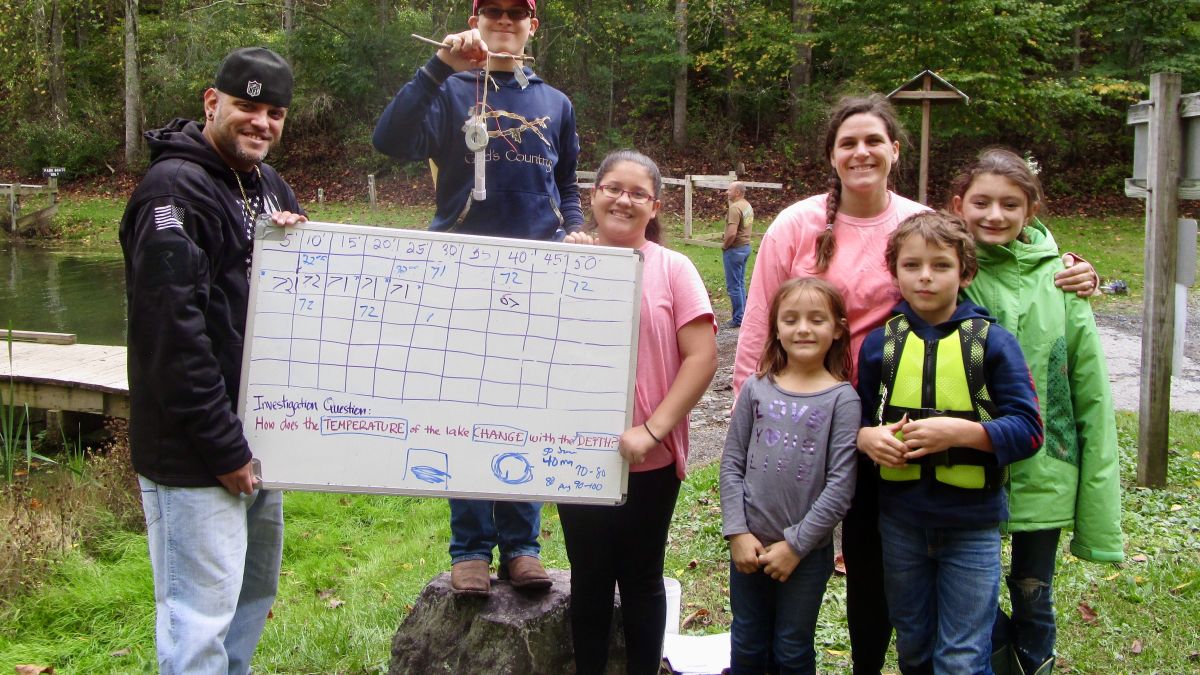
November 2021: "Blazing Trails for CCLC Youth and Families" by Elise Sheffield, education director, Boxerwood Education Association
Elise Sheffield elaborates on the significance of family engagement in their "Trail Blazers" initiative.
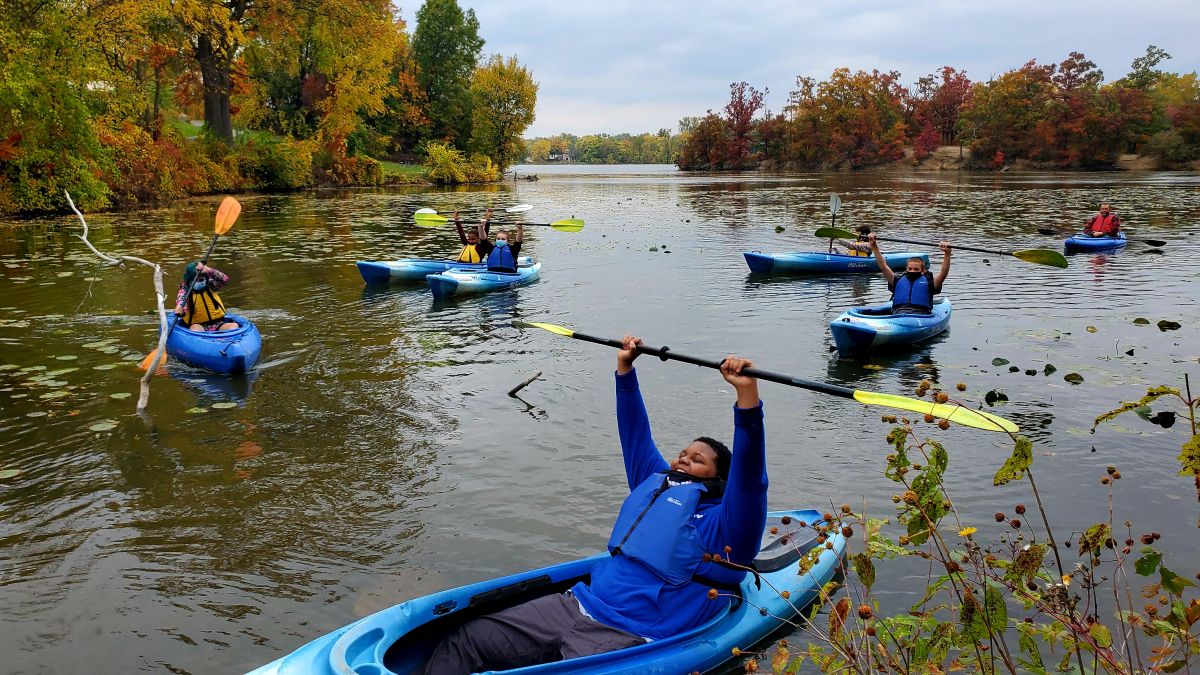
October 2021: "PIVOOOOOT!” - Flint Partners Persevere with Passion Through the Pandemic" by Autumn Mitchell, education programs manager at the Flint River Watershed Coalition
Autumn Mitchell chronicles the remarkable efforts of the Flint River Watershed Coalition and partners as they navigate the pandemic's disruptions with creativity and determination. Dive into their story of adaptability and find inspiration in their commitment to environmental education.
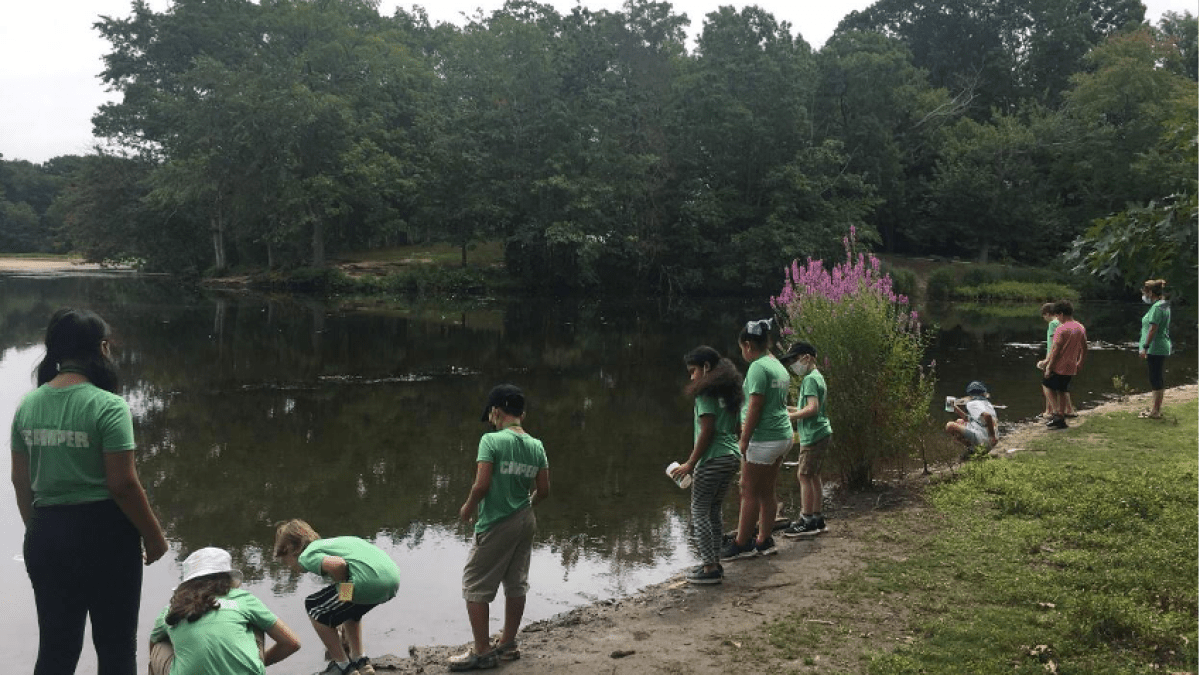
September 2021: "A Professional Journey in Cultivating Stewardship of Land and Water Using the 21st Century Community Learning Center Model" by Ayana Melvan, senior director of strategic partnerships, Mission Programs at Mystic Aquarium
Embark on a captivating narrative of professional growth and environmental stewardship. This post sheds light on the profound impact of 21st-century approaches to fostering environmental stewardship.
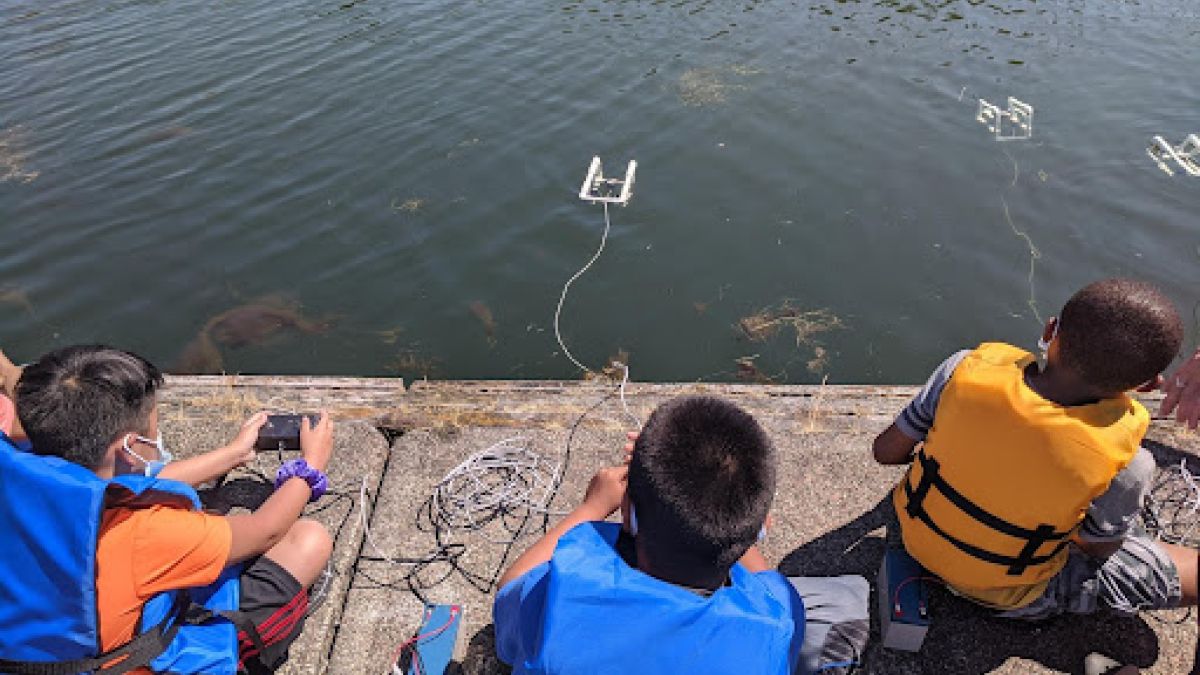
August 2021: "Puget Sound Estuaries: Inspiring the Next Generation of Stewards of Puget Sound Through Exploration and Education" by Paris McClusky, executive director for Puget Sound Estuarium
Paris McClusky shares how they worked with their partners to ensure that students received NGSS and NOAA Ocean Literacy-aligned STEM watershed education throughout the COVID-19 pandemic.
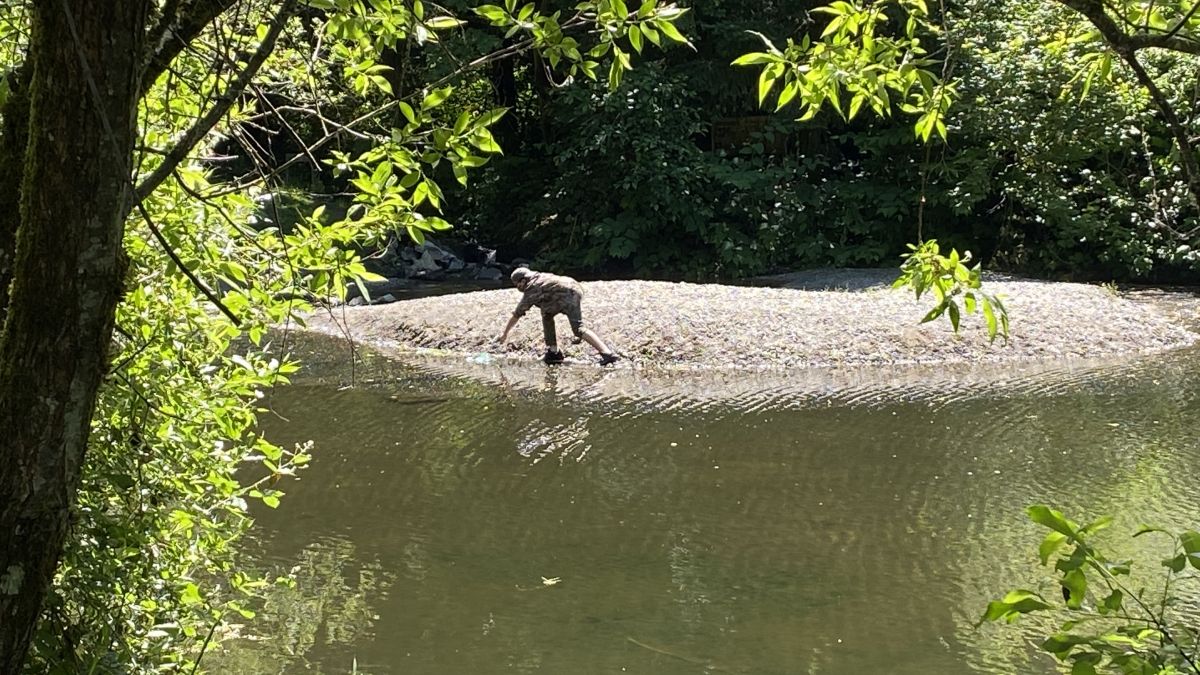
July 2021: "Urban Watersheds: Adjusting Instruction During COVID-19" by Katheranne Reese, program coordinator for Environmental Science Center
Dive into the strategies and insights shared as educators navigate the challenges posed by the pandemic to continue delivering impactful watershed education.
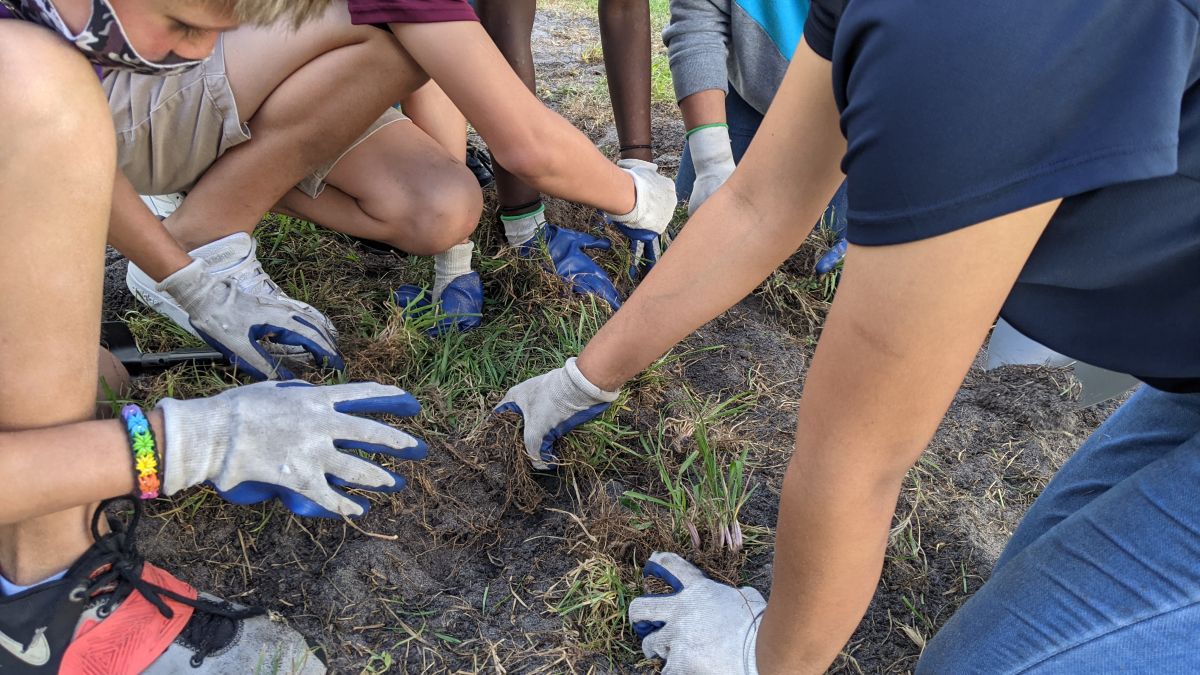
June 2021: "Celebrating Watersheds and Wildlife: Bringing MWEE to Youth Creatively During COVID-19" by Kirsi Johnson from St. Lucie County, Florida, Environmental Resources Department & Oxbow Eco-Center
Explore the innovative approaches that have been employed to keep the spirit of environmental education alive and thriving, even in the midst of the pandemic.
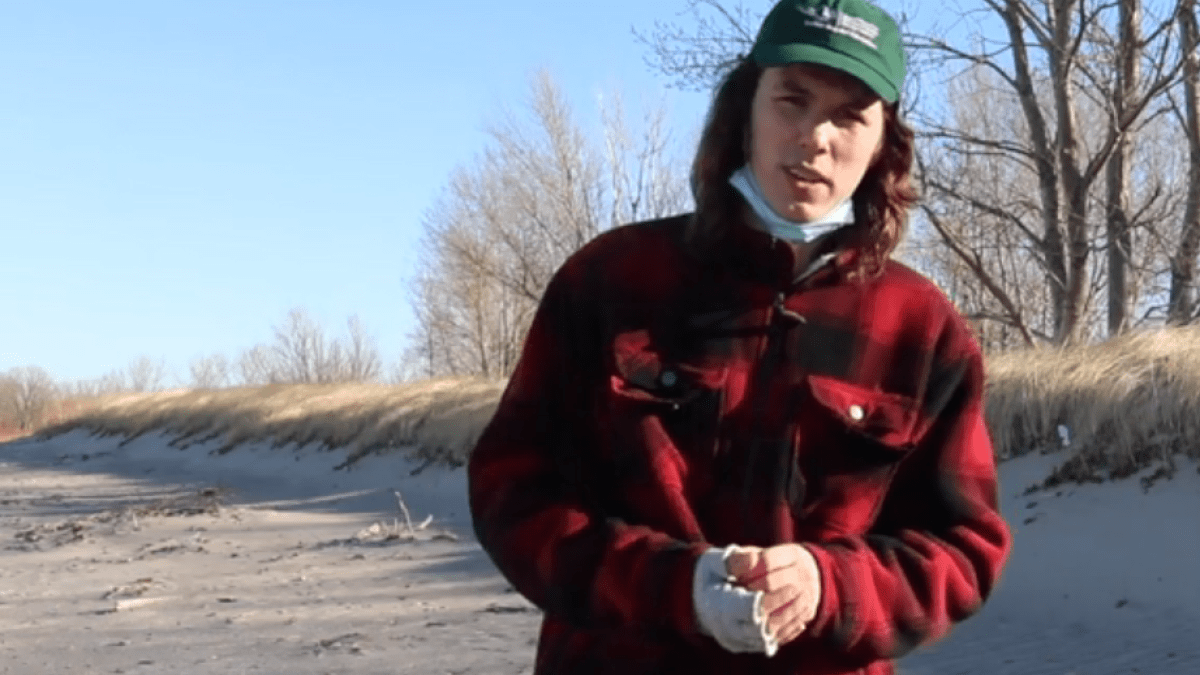
May 2021: "Stepping Outside" by Mary Ronan, from the Reinstein Woods Nature Preserve in Depew, New York
Mary Ronan shares the insights and joys witnessed during virtual place-based programs that transported students into the world of the Great Lakes.
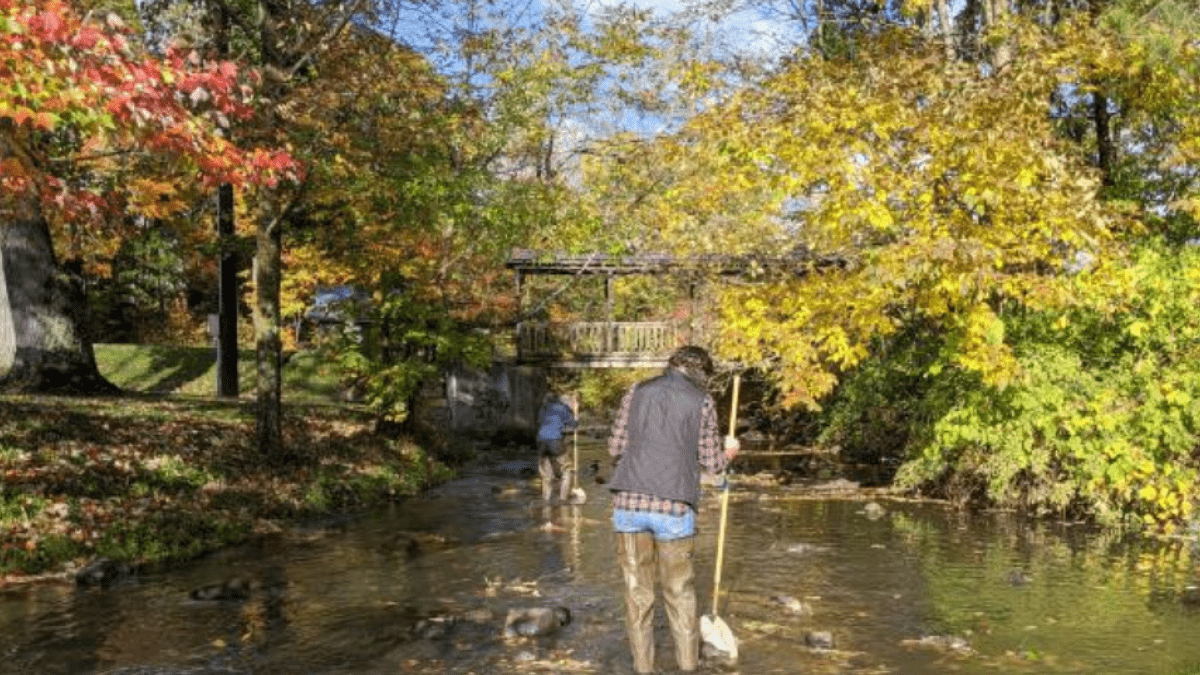
April 2021: "It's All About the Connections" by Creek Connections Director Wendy Kedzierski and Allegheny College Project Assistants Gretchen Barbera and Isabella Petitta
This post illustrates how a collaboration with a nearby middle school expanded to encompass watershed education within their after-school program.
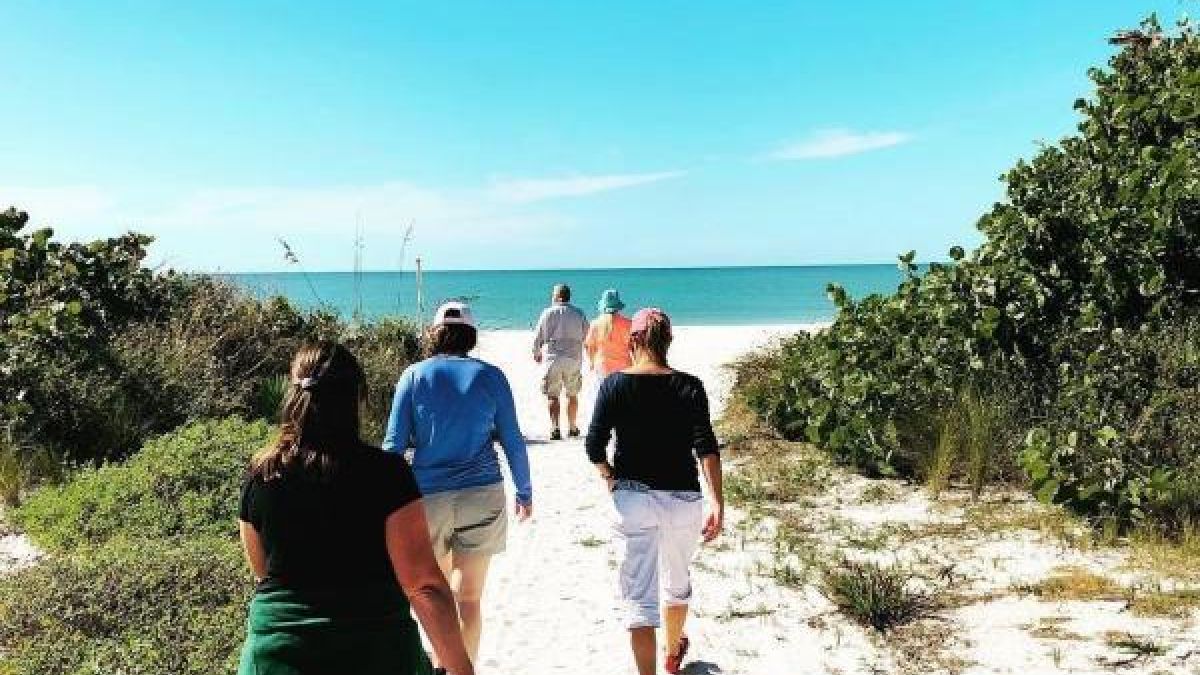
March 2021: "Staying Engaged from Afar" by Riley Hazel, student assistant at the Center for Environmental and Sustainability Education
In this interview, Dr. Jennifer Jones and Dr. Heather Skaza Acosta detail the transformative response of the Watershed Education for Resilience in Southwest Florida (WATERS) program at Florida Gulf Coast University to the challenges of COVID-19. This adaptive approach involves crafting a hybrid framework that incorporates virtual learning for both students and teachers, alongside in-person training sessions.
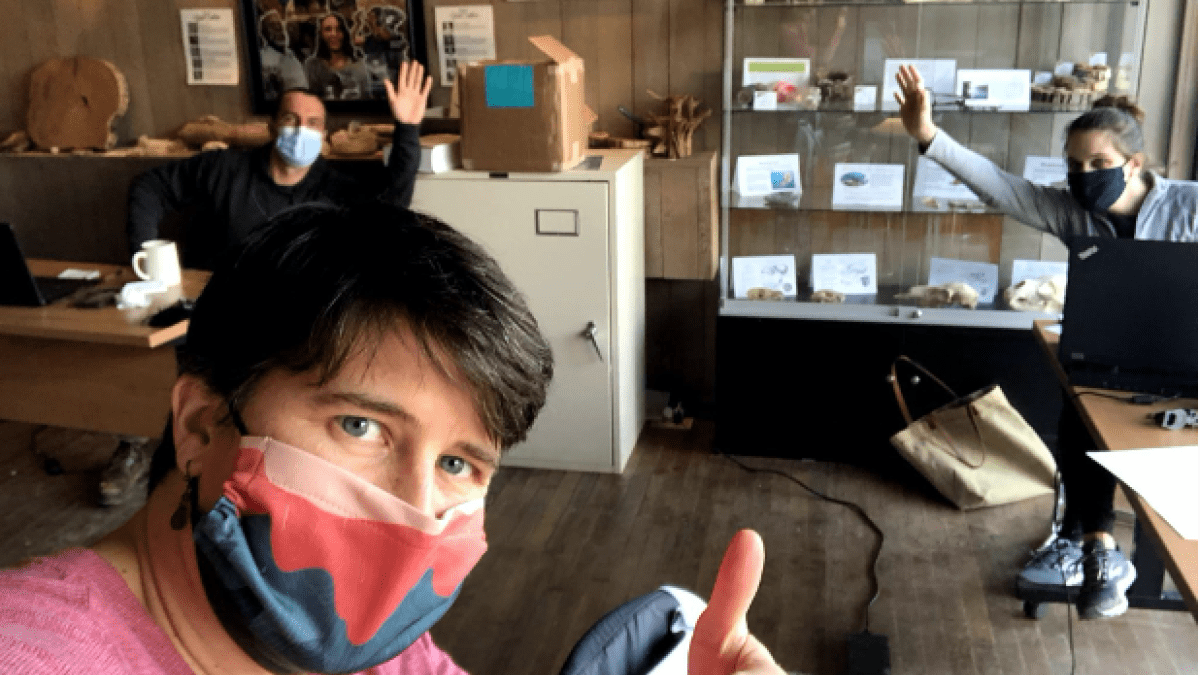
February 2021: "Training Teachers to Bring the Outside In" by Meredeth Dash, VA environmental education specialist for the Alliance for the Chesapeake Bay
Immerse yourself in the strategies and insights shared as teachers are trained to integrate outdoor experiences into their curriculum.
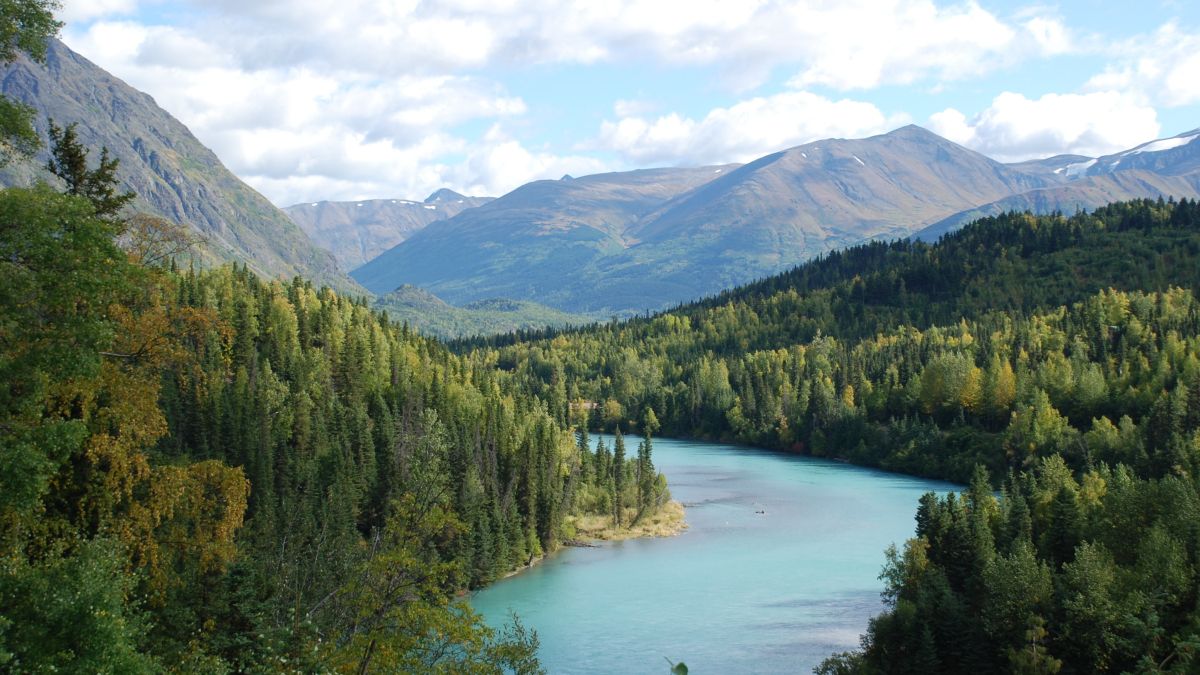
January 2021: "Center for Alaskan Coastal Studies: Kenai Watersheds" by Katie Gavenus, program director for the Center for Alaskan Coastal Studies
Learn how the Center for Alaskan Coastal Studies and Kenai Watershed Forum are adapting their partnership with Boys & Girls Clubs of the Kenai Peninsula.
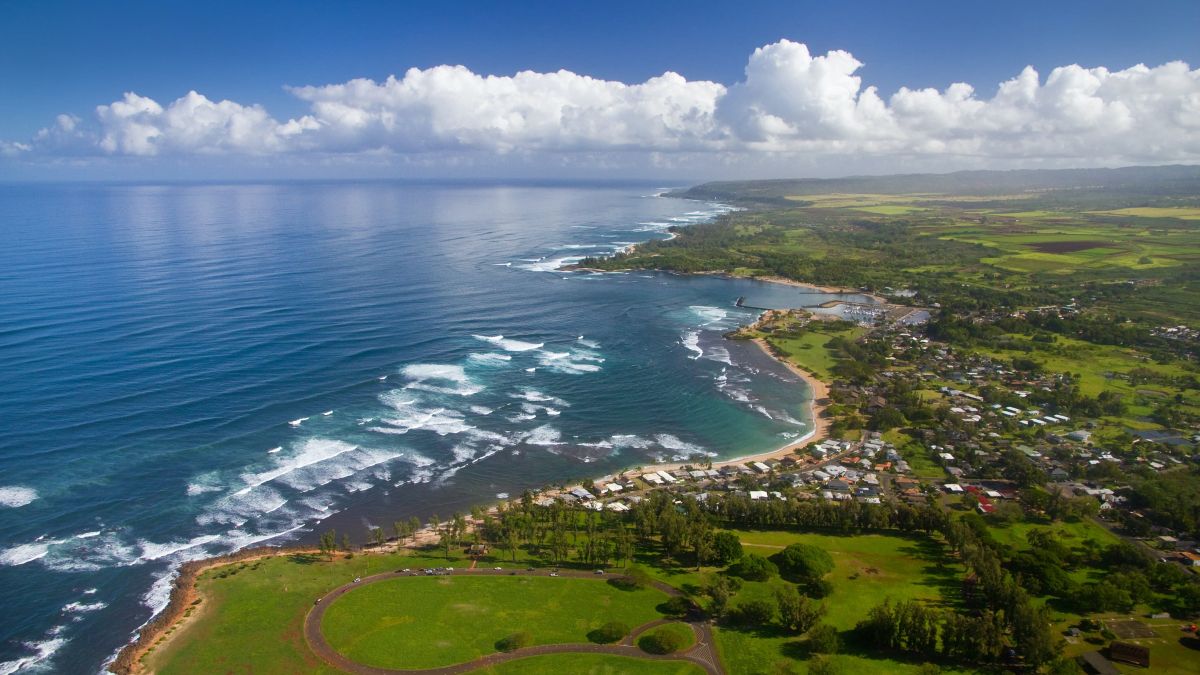
December 2020: "Kilo Kai, to Observe the Ocean—Connecting Land Use and Its Impacts on the Nearshore Ecosystem" by Derek Esibill, from the Pacific American Foundation in Hawaii
Hear from The Kilo Kai project, designed around the idea that biocultural restoration could improve ecosystem functionality and health as a land management practice.
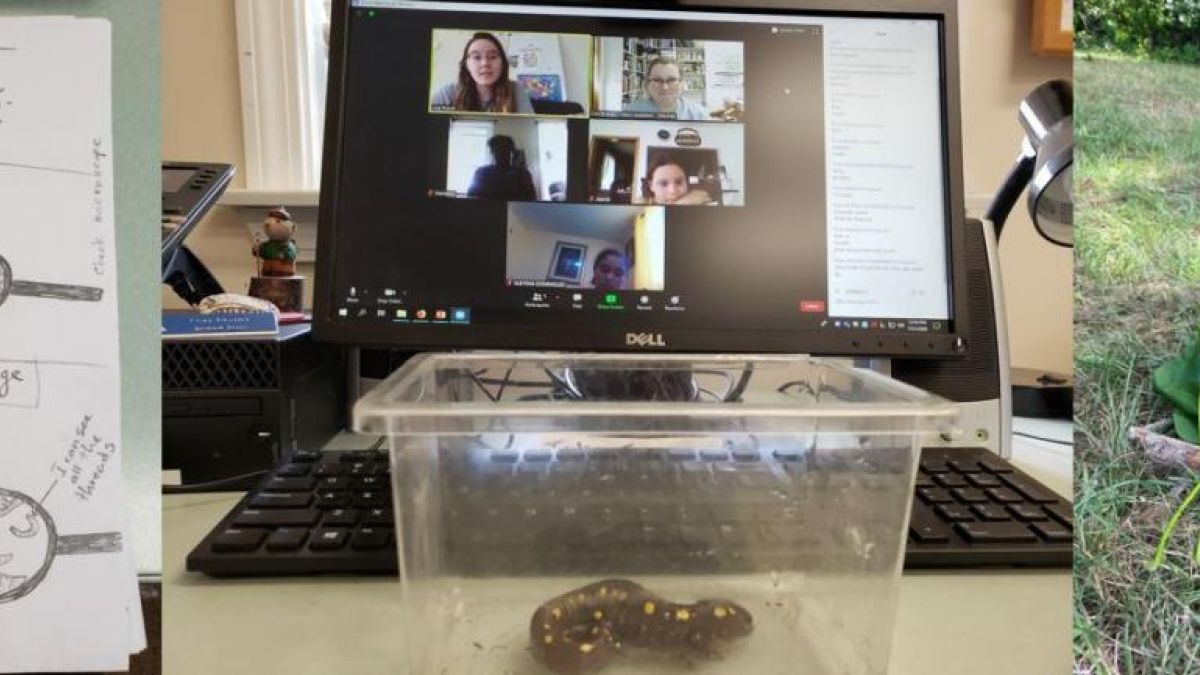
November 2020: "Mass Audubon: Place-Based STEM Meets You Where You Are by Cori Brauer, education coordinator at Ipswich River Wildlife Sanctuary
Cori Brauer illustrates Mass Audubon's approach to connecting education to local environments and communities, fostering a deeper understanding of STEM concepts and the world around us.
Image
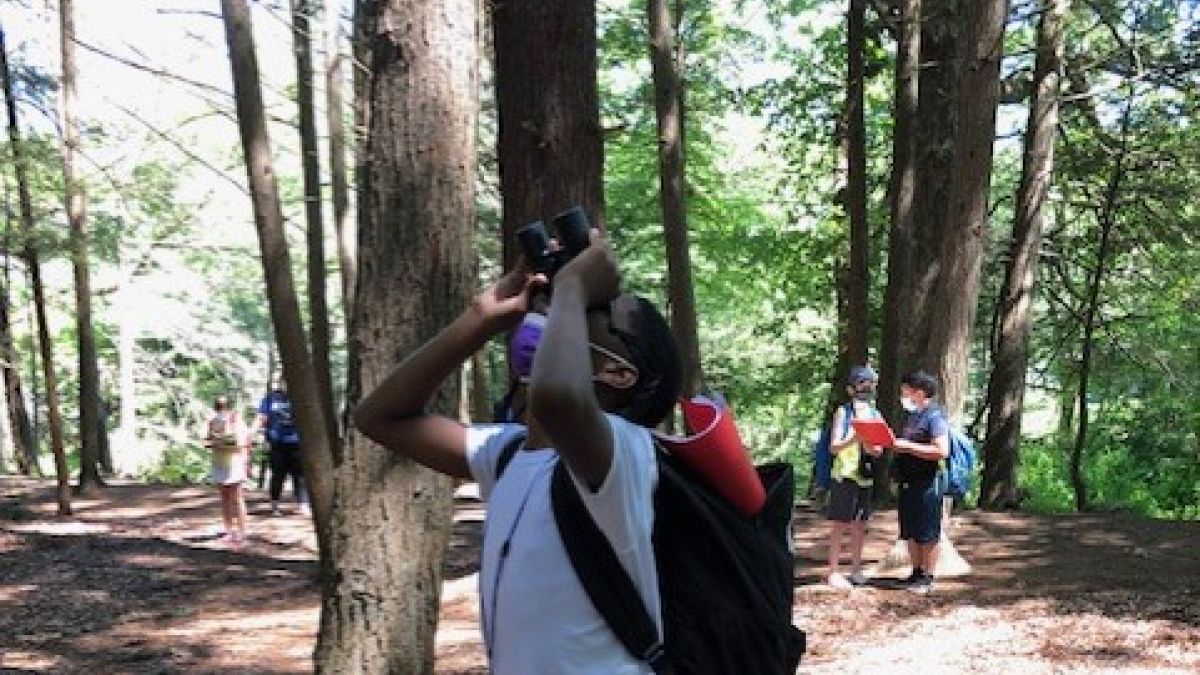
Program Evaluation
Dive deeper into the findings from the 2020–2022 program evaluation and see the tangible results that eeBLUE is achieving.